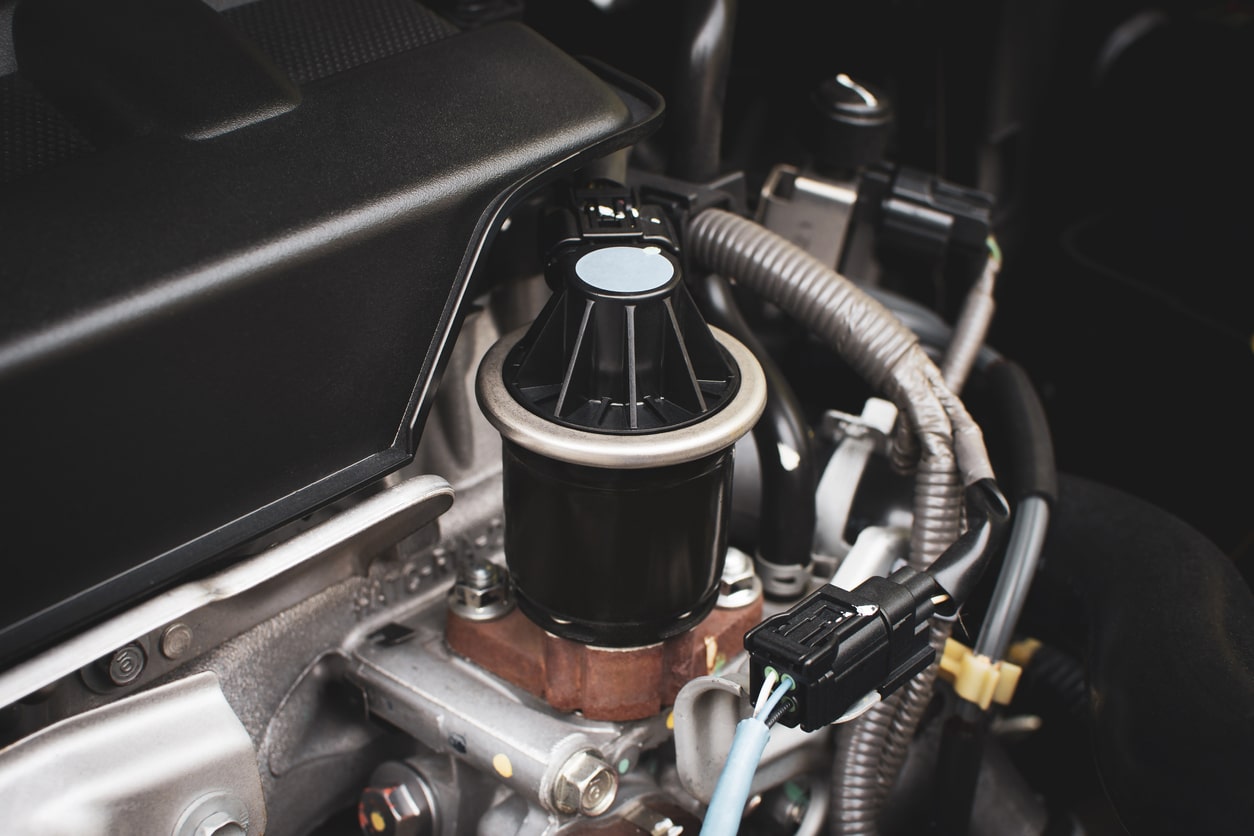As winter approaches, it’s a good idea to take a few minutes out of your day to get your car ready for the cold snap. To help you do just that, our handy guide on how to get your car ready for winter driving can help.
What’s more important, however, is to know the dos and don’ts of winter driving. There are loads of myths surrounding winter driving — from deflating your tyres for better traction, to rubbing your wiper blades with vinegar for a clearer windscreen.
Here we’ll debunk some of the weirder myths doing the rounds about winter driving, to help you drive safe throughout the long, dark winter months.
Quick Links
- Four-Wheel Drive Cars Are Invincible in the Snow
- Pouring Boiling Water On Your Windscreen is the Fastest Way to Clear It
- Deflating Your Tyres Slightly Gives Better Traction in Snow
- Rubbing Vinegar On Wiper Blades Helps Them Last Longer in Winter
- You Should Use Your Fog Lights in Fog, Heavy Rain and Snow
- Start Up Problems Always Stem from the Battery
- Winter Tyres Won’t Provide Any Benefit
Four-Wheel Drive Cars Are Invincible in the Snow
It’s a common myth, but one we think needs debunking — 4X4s are invincible in the snow. Despite benefitting from better traction, anyone who owns a 4X4 will know this isn’t true. Sure they might have slightly better grip than your average 2WD car, but they still take much longer to stop in snowy and icy conditions — a fact which can easily catch out inexperienced drivers. When driving in snow, accelerate and brake gently, and leave plenty of space between yourself and the car in the front.
Pouring Boiling Water On Your Windscreen Is the Fastest Way to Clear it
When you leave the house in a mad rush on a cold winter’s morning, it can be extremely frustrating to find your car caked in a layer of ice. Don’t be tempted to reach for the kettle however; pour boiling water on your windscreen, and you risk it breaking because of the extreme change in temperature. Instead, spray de-icer over all the windows and use an ice scraper to remove any stubborn patches of ice.
Deflating Your Tyres Slightly Gives Better Traction in Snow
Reducing your tyre pressure when driving in snow won’t give you better traction. In fact, it’ll probably make things worse, and certainly more dangerous. Driving with partially deflated tyres will increase the chance of premature wear, and could even lead to a blowout — not good in extreme wintry conditions. Before a long journey, always make sure your tyres are at the correct pressure as stated in the manual. If you do experience a puncture on the move, keeping a can of Tyreweld Emergency Car Tyre Repair in your boot will help get you moving again without much delay.
Rubbing Vinegar On Wiper Blades Helps Them Last Longer in Winter
Coating your windscreen wipers won’t extend their life or give you a clearer windscreen. If your wipers are in a poor condition, the only solution is to replace them. New wipers are fairly cheap to buy, and you don’t have to be an expert to fit them. Given how often you’ll rely on them in the winter, investing in new blades is a small price to pay.
You Should Use Your Fog Lights in Fog, Heavy Rain and Snow
Although it can be tempting to flick on your fog lights when bad weather strikes, you should only do so when visibility is extremely poor. Fog lights are very bright, and can easily dazzle other road users if used at the wrong time. Unless the fog resembles pea soup, there’s no need to use fog lights; your standard headlights will do the trick just fine.
Start Up Problems Always Stem from the Battery
It’s true — some car batteries don’t like winter; but that’s not to say they’re the only cause of starting issues. From frozen cooling systems to fuel problems; there are lots of things that can go wrong beneath the bonnet when temperatures drop. At Holts, we’d recommend carrying a bottle of Bradex Easy Start in your car for when your car decides not to start and you’re late for an important meeting.
Winter Tyres Won’t Provide Any Benefit
This isn’t necessarily true. Winter tyres are made from rubber that’s designed to work in cold conditions, and their tread tends to displace water better than all-weather tyres — reducing the chance of aquaplaning. That said though, with British winters being so mild, it’s hardly worth the money and effort to swap your rubber as the season’s change.
At Holts, our handy, DIY car maintenance products are designed to keep you on the road whatever the weather. To find out more about our products, visit the Holts website.
Images sourced via Flickr Creative Commons. Credit: Land Rover MENA, Highways England, Sigfrid Lundberg, Michael Gil and Heidi G




